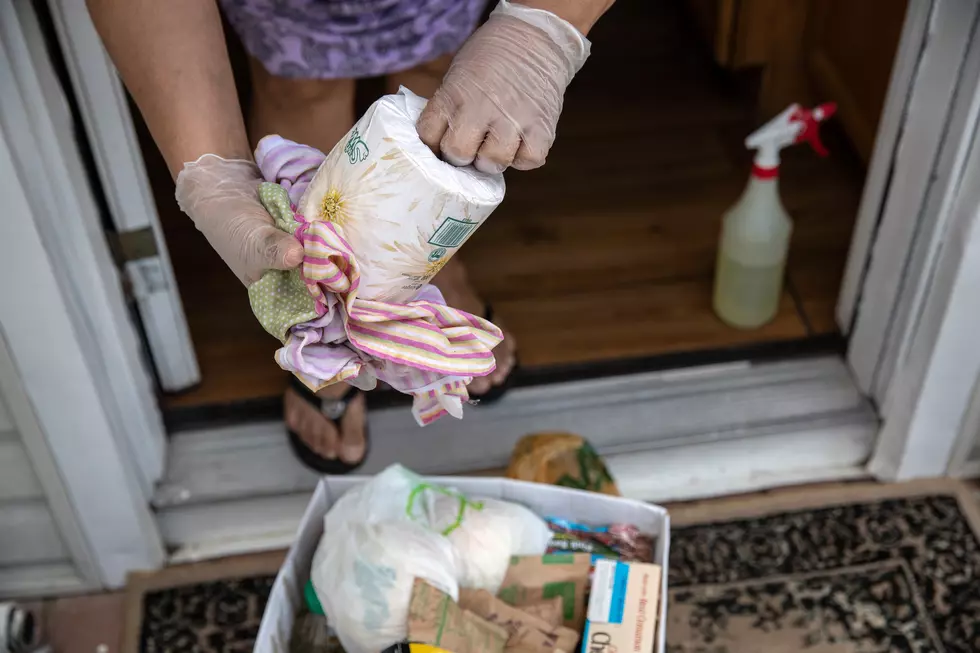
How FDA’s Menthol And Flavored Cigar Ban Affects Michigan Smokers
The Food and Drug Administration (FDA) just made a historic decision to get the process of banning menthol cigarettes and flavored cigars underway. So what does that mean for Michigan?

Michigan Smoking Statistics
According to the CDC's Behavioral Risk Factor Surveillance System 2019 results for Michigan, 18.7% of people in Michigan were current smokers. While there is not yet data for 2020 and while that may not seem like a huge number, when you break it down to different ethnicities, you can see those in marginalized communities use more tobacco than others.
Not only is smoking not good for adults, but Michigan data from the CDC's Youth Risk Behavior Surveillance System shows that 23% of our state's high schoolers said they "Currently smoked cigarettes or cigars or used smokeless tobacco or electronic vapor products."
These statistics have led to the state of Michigan actually receiving failing grades for American Lung Association's "State of Tobacco Control For 2021." According to the report, Michigan received "F's" for things like: Tobacco prevention and cessation funding, tobacco taxes and prohibiting flavored tobacco products.
What The FDA Ban Will Do
According to MLive, the FDA wants to ban menthol as a main flavor in cigarettes and flavors in cigars because of "clear science and evidence" that proves those to be factors that make those products even more addictive.
Citing a news release, MLive also reports the ruling is supposed to be beneficial for groups that are more likely to use these products such as "young people, Black communities, low-income populations, and LGBTQ+ individuals..."
"Tobacco companies have also focused their marketing of menthol cigarettes on certain communities, particularly Black Americans," The American Lung Association explains. "This has resulted in nearly 85% of Black persons who smoke using menthol cigarettes."
A study that examined the impact of menthol cigarettes, MLive says, showed that banning them could lead to over 920,000 smokers to quit within a little over a year.
While the ban does prevent manufacturers, retailers and more from distributing these products, they cannot control those who have them in their personal possession.
What Michigan Can Do To Make This Ban Worthwhile
I think we can all agree getting even some of that 23% of high schoolers to not use tobacco products is definitely a good thing, for starters.
The American Lung Association says smoking can be attributed to 16,170 deaths in Michigan alone and, economically, costs our state over $4.5 Billion.
Michigan's own division of the American Lung Association is working to combat the use of tobacco though they say the state continuously only spends 3.7% of what is recommended by the CDC for tobacco control and prevention. So, being able to use more of that $4.5 Billion for more programs could be a start.
That's where the ban comes in to help, but our state can do more for this ban to have its intended, significant impact.
If you or someone you know is interested in or needs help quitting smoking, you can call various quit lines like the American Lung Association Lung HelpLine and Tobacco QuitLine at 1-800-LUNG-USA (1-800-586-4872).
KEEP READING: See 25 natural ways to boost your immune system
LOOK: Here are the 25 best places to live in Michigan
More From 1240 WJIM AM








